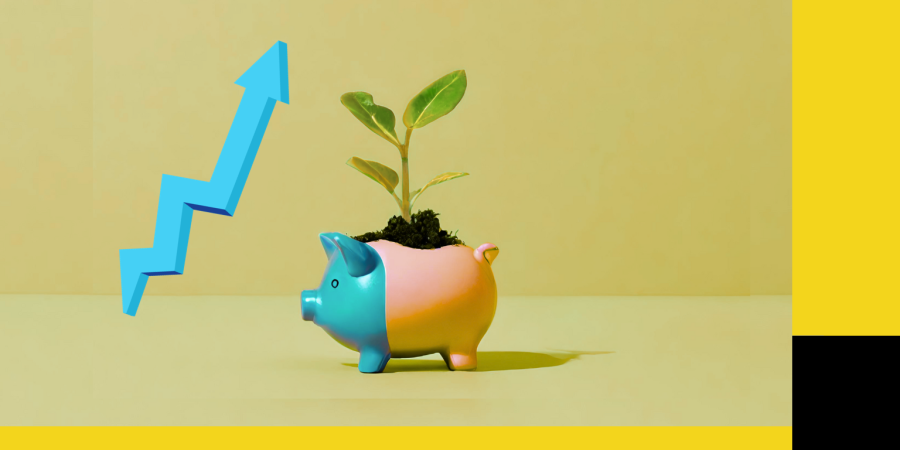Improving your credit score takes dedication and consistency. Here are seven ways to improve your credit score.
The law in BC
The laws we oversee apply to what can be included in a credit report and who can see it. For more information, explore our consumer help page on Credit Reporting.
Understanding your credit report and credit score
- Your credit report is a summary of your credit history. It starts when you borrow money for the first time. Lenders send information about your accounts to the credit reporting agencies.
- Your credit score is a three-digit number that is calculated based on the information in your credit report. It shows how risky it would be for a lender to lend you money.
- Your credit report and credit score are used by people and businesses to help make decisions about things like lending money to you, collecting a debt, or renting a property.
How to improve your credit score
1. Pay off any outstanding debt. Outstanding debt can affect your credit and should be your top priority when you establish a budget.
2. Pay your credit bills consistently. Consistently paying your credit bills on time is one of the best ways to build your credit score. Paying off the full amount each month is best, but you can still build your credit score by making the minimum payment. Consider setting up automatic payments to make this easy.
3. Limit credit checks and applications. Opening multiple credit applications counts towards your credit score. If you are applying for credit, get your quotes from different lenders within a 2-week period when shopping around for a car loan or a mortgage. Credit bureaus will combine and treat your inquiries as a single inquiry for your credit score. Only apply for credit when you need it.
4. Use credit wisely. Don’t go over your balance. Aim to use less than 30% of your total available credit each month. The less you use of your total available credit, the less risky you appear to a potential lender. If you use a lot of your available credit, lenders see you as a greater risk. This is true even if you pay your balance in full by the due date. Closing old credit accounts can hurt your credit because it increases your credit to use ratio, making you look like you use more credit than you do. Consider keeping an older account open (even if you don’t need it) because older accounts are better for your score. Double check your agreement to make sure there is no fee to keep the account open.
5. Monitor your credit reports for errors. Regularly checking your credit reports for errors is a good way to improve your credit score and avoid potential fraud on your account. Learn how to fix an error on your credit report by visiting our blog.
6. Communicate with creditors. If you’re having trouble paying bills on time, explain the situation to your creditors. They may offer options like interest rate reductions, payment deferrals, loan extensions, and more to help you get back on track.
7. Stay organized with a budget. While having a solid budget doesn’t directly impact your credit score, good financial practices can help you become more consistent in improving your credit decisions. Learn some tips on how to create a simple budget on our blog.
Where to go for help
Financial advice isn’t something we can help you with directly but there are other options to consider. The Financial Consumer Agency of Canada has tons of information about managing debt and tools to help you learn more about managing your money, including budget planners and budgeting tips.
You may also be interested in speaking to your financial institution or a financial advisor to see if they can offer you personalized advice on your financial situation.
If you’re looking for information on what can be included in your credit report and who can see it, explore our consumer help page on Credit Reporting.
About Consumer Protection BC
We’re a not-for-profit provincial regulator. The laws we oversee capture your rights when it comes to credit reporting, debt collection, payday loans, high-cost loans, and certain aspects of debt repayment services. Find out more about us and the other industries and transactions we oversee by exploring our website.
Learn more about your rights when it comes to debt and borrowing.
More debt and borrowing resources
Managing debt
How to make a plan to manage your debt
Comparing different debt relief options
The impact of debt on your credit report
How to improve your credit score
How to build healthy financial habits
Debt collection
How to stop collection calls
What to do if it’s not your debt
The rules debt collectors must follow in BC
How to dispute a debt
Borrowing wisely
Things to think about before you take out a loan
Understanding the cost of your loan
The rules for payday lenders in BC
The risks of borrowing money from unlicensed lenders
Buy now, pay later plans: what you need to know



